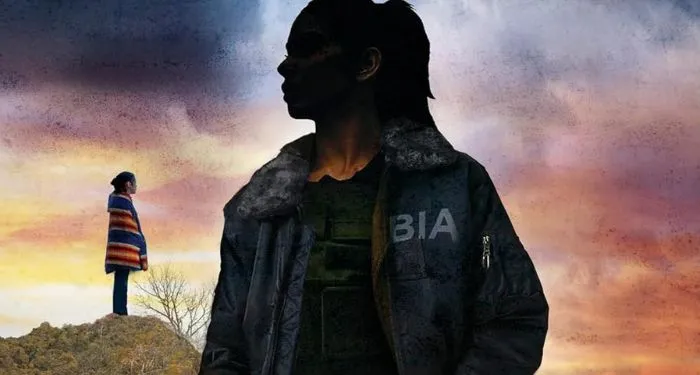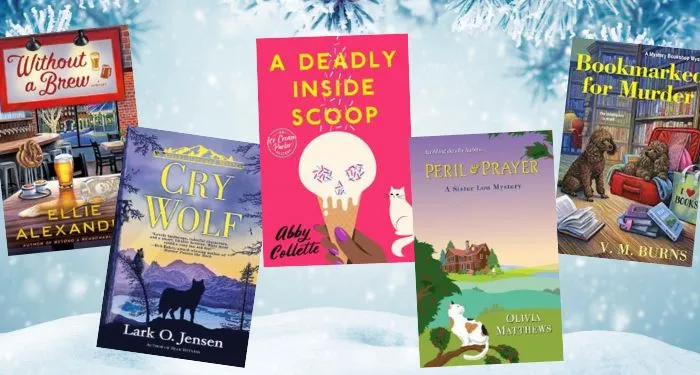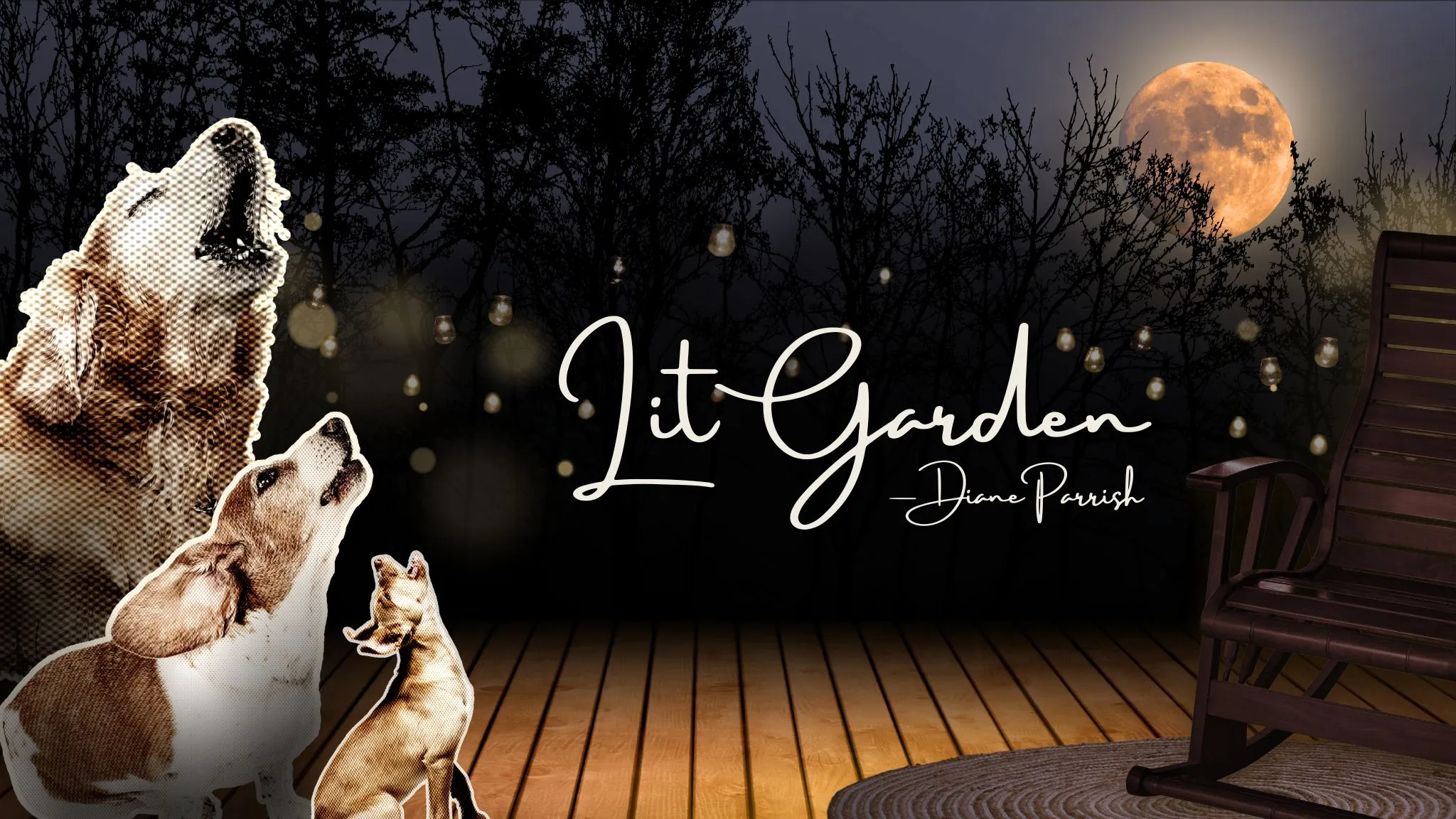His work has been likened to The Notebook and Where the Crawdads Sing. Those are comparisons sure to grab the attention of any literary connoisseur. For romance author Buck Turner, it’s validation of a career shaped by complicated characters placed in compromising situations and faced with choices that can rewrite their narratives.
Turner, author of the bestseller The Keeper of Stars and his more recent Promises Promises, recently provided more insight into his work in this BookTrib Q&A.
Q: You’ve been referred to as the “man” in romance. Tell us about that and how you gravitated to romance as your chosen genre in a category dominated by women writers.
A: Several years ago, one of my readers suggested that I was the “man” in romance. At first, I found it amusing, even funny. But the more I thought about it, the more I liked the clever play on words, so I decided to let the label stick.
As for why I chose to write love stories, it was more an accident than an intentional decision. When I first began writing, my goal was to pen a mystery novel. However, as the story unfolded and the characters developed, it naturally veered toward romance, and I went with it. Since then, I’ve found that romance is where my heart truly lies.
Q: You’ve said a great love story is more than just romance. There’s mystery, suspense and, sometimes, even horror. How do you incorporate all these elements into your stories?
A: It’s true, I firmly believe that a great love story encompasses more than just two people falling in love. It’s an intricate tapestry woven with threads of mystery, suspense and at times, horror. To accomplish this, I continually let my characters unfold and develop on their own rather than forcing them into preconceived roles or situations. Their personalities and reactions to different situations define the elements of the story, and ultimately the direction it takes.
Q: In your latest book, Promises Promises, Harper’s journey from success to self-doubt is central to the novel. How did you approach writing a character who seemingly has everything, yet feels incomplete in love?
A: It’s easy for us to underestimate the struggles others face. Even those who seem to have everything may be fighting their own internal battles or insecurities that remain hidden beneath the surface. When I first began sketching ideas for Harper’s character, I knew I wanted her to be a strong female who must overcome her doubts and fears in order to become her true self. What I didn’t initially anticipate was a regression from success to self-doubt, brought on by an unexpected series of events in her love life, and the subsequent journey she would have to undertake to find herself again.
Q: The title Promises Promises suggests unfulfilled expectations or commitments. How does this theme manifest in the relationships and choices Harper faces, both in her past and present?
A: Harper’s past is littered with broken promises — from friendships that fell apart due to selfish choices, to love interests tarnished by deceit. She has learned not to put her faith in promises, which becomes a core part of her character — a pride in self-reliance, but also a deep-rooted fear of trust. Where she once believed that promises were meant to be kept, she now perceives them as fragile words that are easily broken. Ultimately, Harper’s journey takes her on a path where she must decide whether these past experiences will continue to define her, or if she can find the strength to trust again.
Q: Themes of fame, wealth, and success are explored alongside more intimate personal struggles. How do you feel Harper’s public image contrasts with her private life, and what message do you hope readers take away from this dichotomy?
A: Harper’s public image is a carefully cultivated one, portraying her as the epitome of success. She’s seen as a woman who has it all — the power, the wealth, the fame. But beneath this glossy exterior, Harper wrestles with personal insecurities and a void that material possessions can’t fill. Ultimately, it is my desire for readers to understand that appearances can be deceiving, and that true happiness and fulfillment cannot be achieved through external success alone.
Q: Your earlier book, The Keeper of Stars, a bestseller, has been described as “The Notebook meets Where the Crawdads Sing.” That’s lofty praise. Explain why the book could be a cross between those two bestsellers.
A: Anytime you have a book compared to such revered works as The Notebook and Where the Crawdads Sing, it’s an enormous honor. In The Keeper of Stars, like in The Notebook, there is a deep, enduring love story that persists despite time and circumstance. It’s a testament to the power of love and how it can shape us, liberate us, and haunt us. Like Where the Crawdads Sing, it also explores a strong connection to nature, with vivid descriptions of the setting becoming integral to the characters’ identities and their growth. Both books grapple with themes of isolation and the struggle to belong — elements that are central in The Keeper of Stars as well.
Q: In The Keeper of Stars, the idea of “rewriting the stars” suggests a second chance at love or destiny. What message do you hope readers take away from Ellie’s journey in terms of fate, choice, and reclaiming one’s story?
A: Ellie’s journey is an exploration of the interplay between fate and choice. While there are forces in her life that seem predestined, the novel underscores the power of personal agency and the capacity to reshape our own narratives. Even when facing insurmountable odds, Ellie learns how to wield her choices as a tool for creating her own destiny. She discovers that, although we may not have control over every aspect of our lives, we possess the ability to make decisions that can fuel profound change. It’s my hope that readers are inspired by Ellie’s story and recognize that they too have the power to “rewrite the stars,” to seize control of their own narratives, and to shape their destiny.
Buck Turner’s books are available for purchase on Amazon, Barnes & Noble and Bookshop.
 Buck Turner is a beloved storyteller. Best known for his diverse writing style and ability to blur genre lines, Buck is something of a literary chameleon. Author of seven novels, including the smash hits The Keeper of Stars, The Long Road Back To You and The Hearts We Leave Behind, Buck delivers an emotional, unforgettable experience to his readers.
Buck Turner is a beloved storyteller. Best known for his diverse writing style and ability to blur genre lines, Buck is something of a literary chameleon. Author of seven novels, including the smash hits The Keeper of Stars, The Long Road Back To You and The Hearts We Leave Behind, Buck delivers an emotional, unforgettable experience to his readers.
As diverse as his writing is his taste in authors, including Nicholas Sparks, Lisa Jewell, Ernest Hemingway, George Orwell and Robert Louis Stevenson.
As a graduate of Lincoln Memorial University, Buck holds an undergraduate degree in Fine Arts and a Master’s in Business. Having spent his childhood in East Tennessee, Buck draws on his experiences in the South, including the rich traditions, diverse characters, religion and charming small towns (many of which serve as backdrops for his stories). When he’s not busy writing, Buck enjoys spending time with his family, playing golf, fishing, drawing and painting.
Buck is represented by SBR Media. For inquiries into literary, foreign rights, audio, film and other media outlets, contact Katie Monson at SBR Media.



















 English (US) ·
English (US) ·